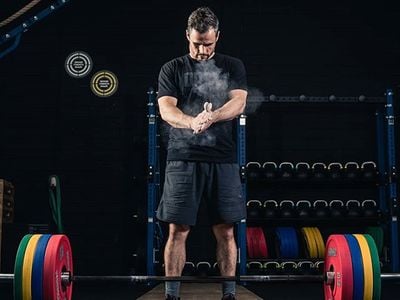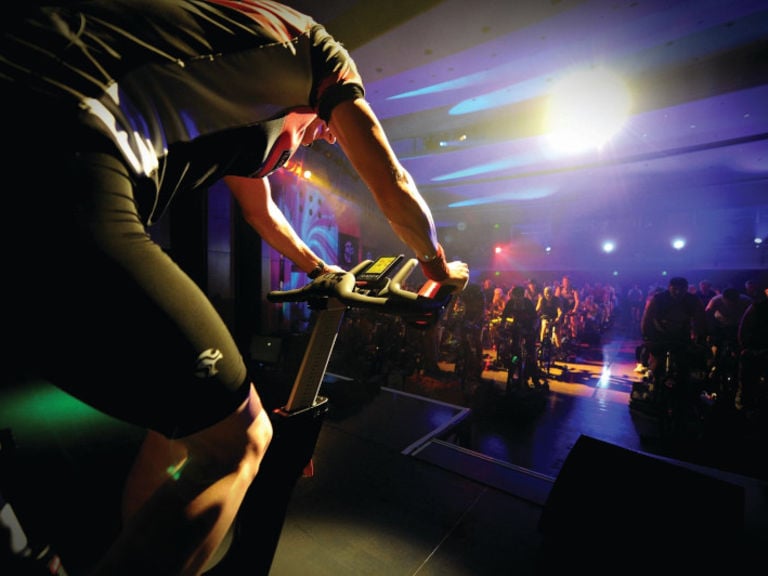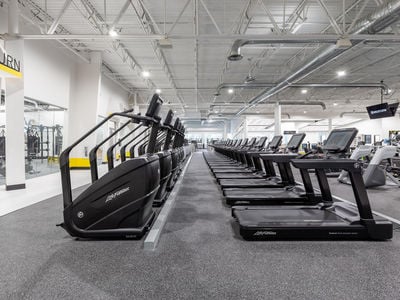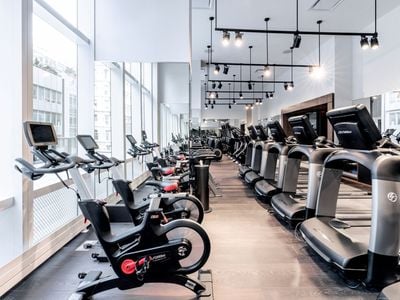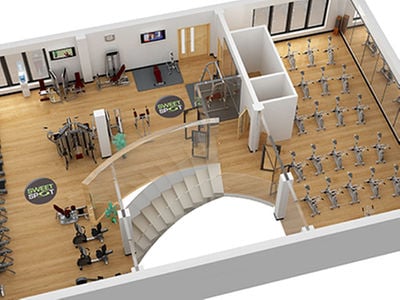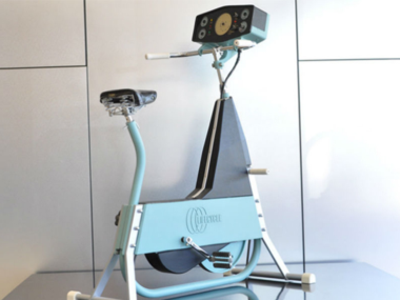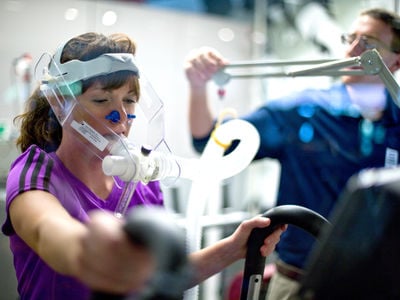A new study has found that exercise is linked to lowered sleep apnea risk.
The largest study of its kind, this research looked at the relationship between levels of physical fitness and sleep apnea in the general population.
Sleep apnea occurs when your breathing is reduced or stops completely during sleep and it is one of the most common sleep disorders. It affects more men than women and is diagnosed in up at 8 per cent of Australian men over the age of 45.
Published in the Journal of Clinical Sleep Medicine, the new research shows that even a small increase in regular exercise is associated with a 10 per cent reduction in risk of sleep apnea.
The study
Researchers looked at data from more than 155,000 people, all residents of Ontario Canada. All participants filled out detailed questionnaires. The participants provided data about their lifestyle, medical history, sleep health and socio-demographic information. This information included whether a person had been diagnosed with obstructive sleep apnea.
After reviewing the data, researchers concluded that increased levels of physical activity lowered the risk of obstructive sleep apnea.
In fact, the study showed that this was the case independent of other sleep apnea risk factors, such as obesity. This means that even if a person is obese, they can still benefit from exercise with a decreased risk of sleep apnea.
“Our results highlight the importance of physical activity as a preventive measure against developing sleep apnea,” said senior author Lyle Palmer, a professor of genetic epidemiology at the University of Adelaide.
In addition, the results of the study showed that exercise did not need to be intense for it to be effective.
“One surprising finding was that not only vigorous physical activity but also just walking alone was associated with a decreased risk of sleep apnea,” said Palmer.
The researchers further found that adding a 20-minute walk or increasing daily physical activity by eight minutes would suffice to lower sleep apnea risk.
Once again we can see that even a small increase in exercise can have life-altering heath implications.
Reference
Hall, K.A., et al. (2020.) ‘Physical Activity is Associated With Reduced Prevalence of Self-Reported Obstructive Sleep Apnea in a Large, General Population Cohort Study.’
Journal of Clinical Sleep Medicine. Published Online: April 6, 2020.
https://doi.org/10.5664/jcsm.8456Cited by:1




